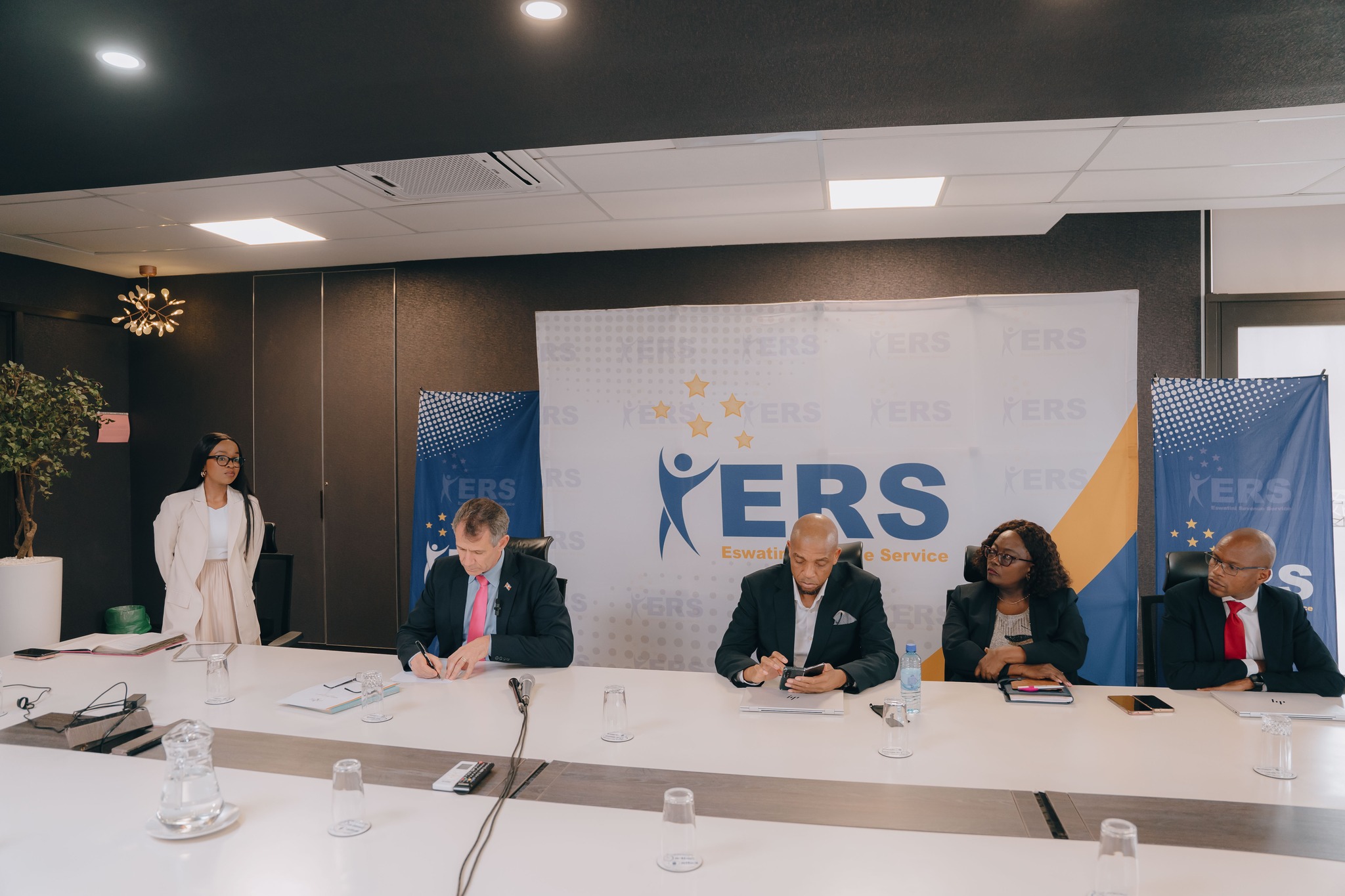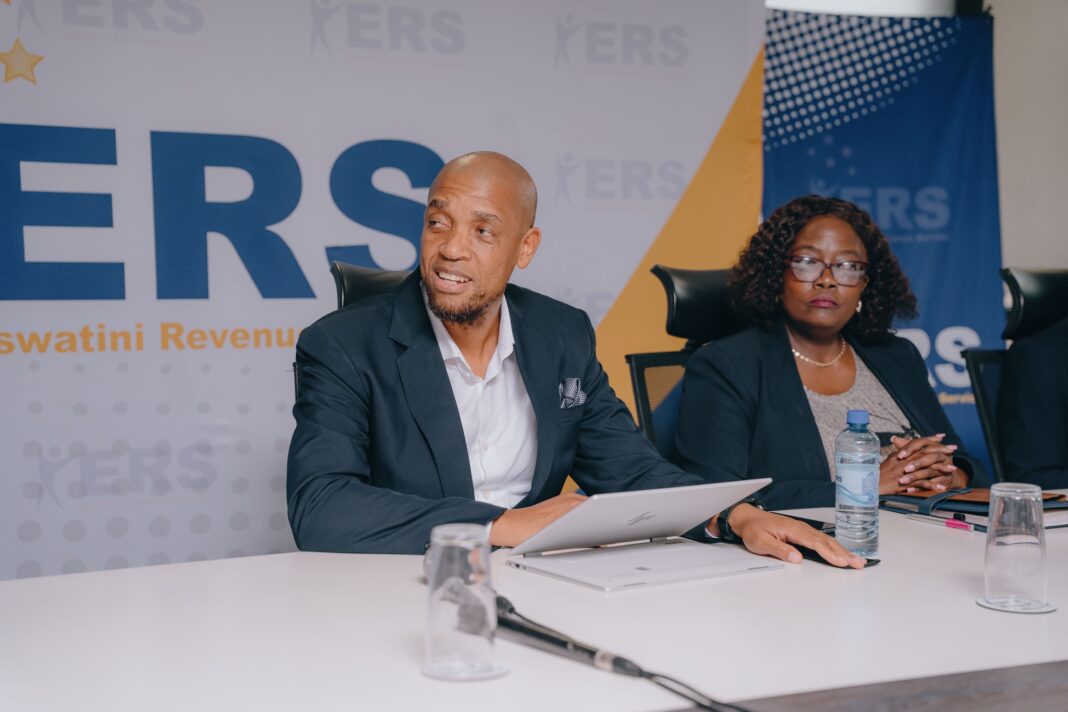The Eswatini Revenue Service (ERS) is sounding the alarm over a massive E4.4 billion tax gap.
This amount is equivalent to nearly one-third of the country’s total tax collections from the previous financial year.
This was revealed by Minister of Finance Neal Rijkenberg during the 2025 income tax filing season and compliance improvement plan launch at ERS Headquarters in Ezulwini yesterday.
Eswatini Observer WhatsApp Channel
The minister said as part of ERS’s ongoing modernisation and data-driven approach, the organisation recently conducted a tax gap analysis to better understand the difference between the tax that should be collected and what is actually received. He noted that the findings were significant as they revealed that an estimated E4.4 billion in taxes that were due were not declared or paid.
“This figure represents potential revenue that could have been channeled towards development priorities such as healthcare, education, and infrastructure,” he said.
Breaking down this amount, the minister indicated that the most concerning area was Value Added Tax (VAT), where approximately E1.3 billion remains unpaid.
“The wholesale and retail sector was identified as the largest contributor to this gap, accounting for around E600 million, followed by manufacturing, with a gap of E305 million, and construction, with E127 million in unpaid taxes,” he said.

ERS Commissioner General Brightwell Nkambule noted that this significant shortfall prompted them to initiate a comprehensive strategy combining enhanced taxpayer support with cutting-edge digital enforcement.
The commissioner general revealed the latest Tax Gap Study findings, highlighting that VAT remains the largest contributor to the gap.
The wholesale and retail sector alone accounts for approximately E1 billion, nearly 25% of the total deficit.
Nkambule acknowledged and applauded the exemplary performance within State-owned entities. Thanks to the efforts of the ministry of finance, the Public Enterprises Unit, and the leadership of public enterprises, the public sector achieved 100% PAYE and VAT compliance in the first quarter of the current financial year. This achievement sets a clear benchmark for the rest of the economy, according to Nkambule.
However, the commissioner general noted that compliance levels in the private sector remained below optimal levels. To address this, the ERS is making an urgent appeal to key private sector stakeholders.
Nkambule called upon all partners; business associations, professional bodies, and the media, to champion tax-compliance advocacy within their constituencies.
“With your support, we can close the gap and reach 100% compliance across all sectors,” he said.
Nkambule further announced ERS’s Comprehensive Compliance Improvement Plan, a strategic initiative designed to aggressively close the national tax gap by focusing on three core pillars namely, building trust, simplifying the process, and enforcing fairness.
While the agency emphasises a preference for voluntary compliance through partnership and education, it remains resolute in its commitment to addressing deliberate non-compliance, according to Nkambule.
The plan integrates several initiatives focused on assistance and targeted support.
These include expanding the Bafundzise door-to-door campaign to extend tax literacy to a wider audience of citizens.
Furthermore, enhanced client-relationship services have been introduced, with dedicated consultants assigned to offer personalised service to vital segments, including small and micro-businesses, company directors, high-net-worth individuals, traditional leaders, and VIPs.
The Sondzela Sikhulume initiative also continues its crucial work to actively assist taxpayers in negotiating and resolving their outstanding tax obligations.
Lastly, retailers are specifically invited to come forward and make voluntary disclosures to regularise their tax affairs, offering a clean path back to compliance before enforcement action is taken.
Eswatini Observer Press Reader | View Here










